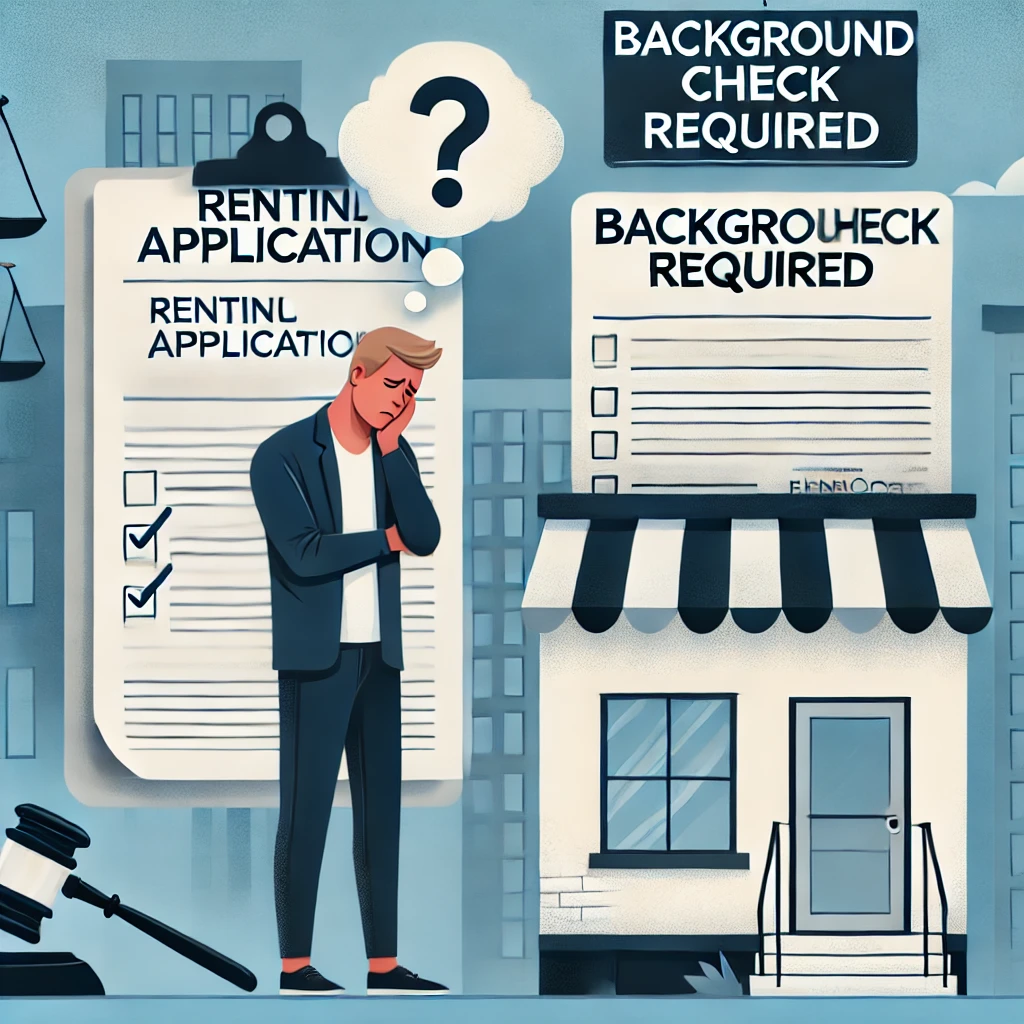Criminal Defense for Renters: What You Need to Know About Eviction and Background Checks
Renting a home can be a daunting process, especially for individuals with a criminal record. The intersection of criminal defense and renters' rights often presents significant challenges, as many landlords conduct background checks that can impact an applicant's chances of securing housing. Understanding the complexities of eviction laws and the role of background checks is crucial for renters to navigate these obstacles successfully.
This blog aims to equip renters with essential information about their rights and the legal landscape surrounding evictions and background checks. By shedding light on these issues, we hope to empower individuals to take informed steps toward securing housing, regardless of their past.
2. Understanding Eviction Laws
According to Ladner Law Firm, eviction is a legal process through which a landlord removes a tenant from their property. Common reasons for eviction include failure to pay rent, violation of lease terms, or engagement in illegal activities. It's important to note that eviction is not a swift or simple action; rather, it consists of several legal stages, and tenants will usually receive notifications throughout the process. In Boston, landlords must follow a specific legal procedure, which typically begins with providing written notice to the tenant. If the issue is not resolved, the landlord may file an eviction lawsuit in court.
Knowing your rights during the eviction process is essential. Tenants have the right to contest the eviction in court and present their case. Moreover, landlords must adhere to state and local regulations when initiating eviction proceedings, including proper notification and adherence to the timeline set forth by law. Understanding these legal protections can significantly benefit renters facing eviction.

3. Legal Resources and Support
When facing eviction or issues related to background checks, seeking legal assistance is vital. Numerous local organizations and legal aid services offer support to renters grappling with these challenges. These resources can provide guidance on tenants' rights, assist with eviction defenses, and help navigate the complexities of background checks.
Consulting with a criminal defense attorney is also advisable if a tenant faces eviction due to their criminal history. An experienced attorney can provide valuable insights and advocate on behalf of the tenant in court. Understanding the available legal resources can empower renters to take proactive steps toward protecting their housing rights.
Renters from all over New York in such situations always work with a process server agency in NYC that ensures all legal documents are delivered properly and within court-mandated deadlines. This helps prevent delays and supports a smoother legal process when defending against eviction.
4. The Role of Background Checks in Renting
Background checks are standard practice in the rental application process. They provide landlords with essential information about potential tenants, including criminal history, credit scores, and rental history. Understanding how background checks work is crucial for renters, as this information directly influences a landlord's decision.
Landlords are legally obligated to comply with fair housing laws when conducting background checks. For example, they cannot discriminate based on race, color, religion, sex, national origin, familial status, or disability. However, many landlords do consider criminal history in their screening process, which can pose challenges for individuals with prior convictions. Knowing the legal obligations of landlords can help renters understand their rights.
5. Impacts of Criminal Records on Renting
A criminal record can significantly affect a renter's ability to secure housing. Many landlords view a criminal history as a red flag, often leading to denied rental applications. This is particularly true for convictions related to violence or drug offenses. Consequently, individuals with criminal records may face difficulties finding suitable housing, leaving them with limited options.
Additionally, renters with criminal histories may find themselves vulnerable to eviction even after securing a lease. If a landlord learns about a tenant's criminal background after the lease is signed, they might initiate eviction proceedings based on this information. Understanding the potential impacts of a criminal record on rental opportunities is essential for those navigating this landscape.
6. Strategies for Renters with Criminal Records
While having a criminal record can pose challenges, there are strategies renters can employ to improve their chances of securing housing. First, obtaining strong references can be beneficial. Whether from previous landlords, employers, or community members, positive endorsements can help offset concerns about a criminal history.
Additionally, being transparent about a criminal record during the application process can demonstrate honesty and responsibility. Renters might also consider offering a larger security deposit or providing additional documentation, such as proof of steady employment, to reassure landlords of their reliability. Implementing these strategies can significantly enhance a renter's prospects.
Conclusion
In conclusion, understanding the intersection of criminal defense and renters' rights is essential for individuals with a criminal record. By familiarizing themselves with eviction laws, the role of background checks, and available strategies, renters can better navigate the challenges they face in securing housing.
Knowledge is power, and being informed about their rights allows renters to advocate for themselves effectively. If you or someone you know is dealing with eviction or difficulties due to a criminal record, consider reaching out to local legal resources for support. With the right information and guidance, it's possible to overcome these obstacles and find a suitable place to call home.